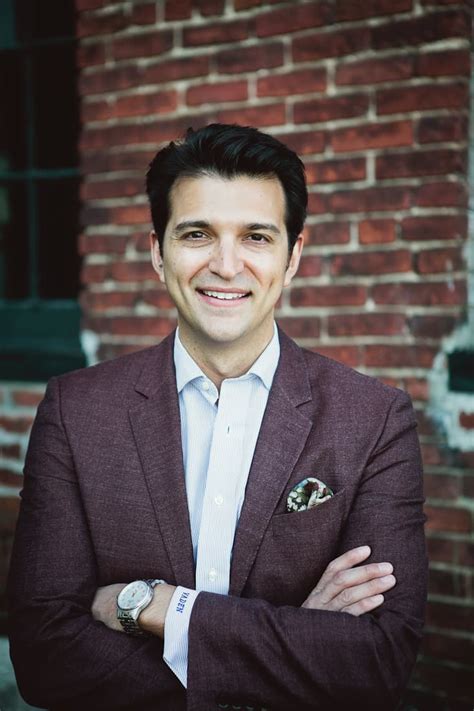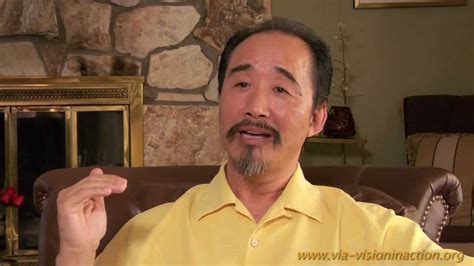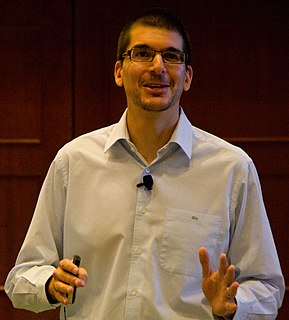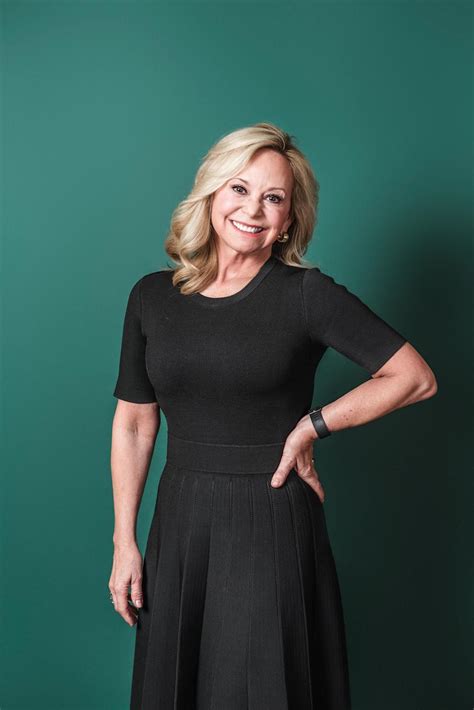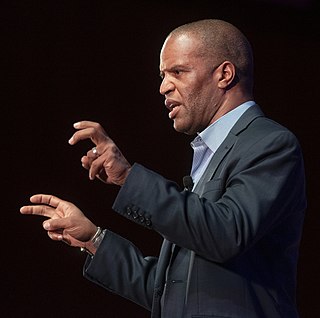A Quote by Michael Gerber
The E Myth. Most entrepreneurs are merely technicians with an entrepreneurial seizure. Most entrepreneurs fail because you are working IN your business rather than ON your business.
Quote Topics
Related Quotes
The successful entrepreneurs on the free market will be the ones most adept at anticipating future business conditions. Yet, the forecasting can never be perfect, and entrepreneurs will continue to differ in the success of their judgments. If this were not so, no profits or losses would ever be made in business.
Business is a creative and therefore spiritual endeavor. Great entrepreneurs enter the field of business in the same way great artists enter the field of art. With their business creation, entrepreneurs express their spiritual desire for self-realization, evolutionary passion for self- fulfillment, and creative vision of a new world. The entrepreneur's business is their artwork. The creation of business is as creative as any creation in art. In fact, building a business may be the most creative human activity.
Today, entrepreneurs are at the forefront of a new era in which organizations put talent at the heart of their business models. And they have no choice. Having grown up surrounded by entrepreneurial freedoms, workers expect flexibility. They insist on collaboration. They demand meaning. Creating an environment that brings out the entrepreneurial instincts in your workforce - a worldview we might call "employeeship"- is key.
It’s not about having a Silicon Valley attitude—it’s about having an entrepreneurial attitude. It’s about partnering with other organizations in and around your area. It’s about thinking big with entrepreneurs that sit next to you in your coworking space. It’s about collaborating with tech gurus, social media wizards and community leaders at cool business events. It’s the people that make a community an entrepreneurial one—not the location—and it’s up to you to contribute.
Investors do not like losing money. They do not like companies that fail. They do not like entrepreneurs that fail. There is not a culture of celebrating failure in Silicon Valley or anyplace else. That is a myth. Recognize this, and if you start another business, get it to a successful point before approaching outside investors again.

